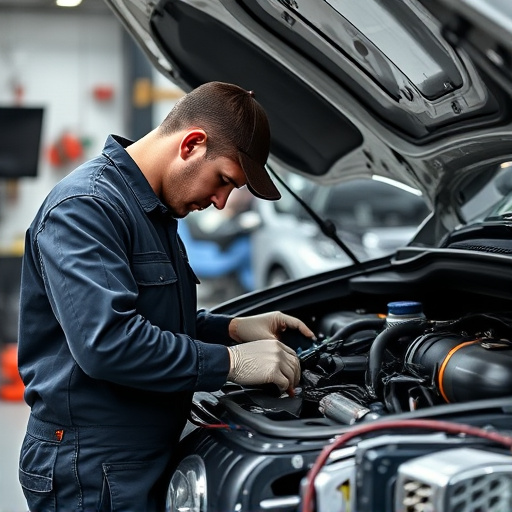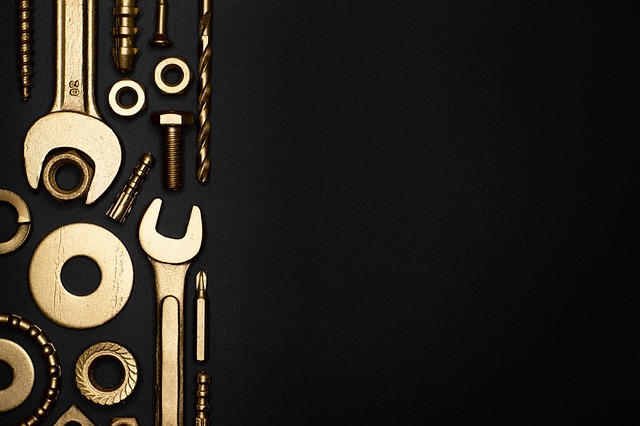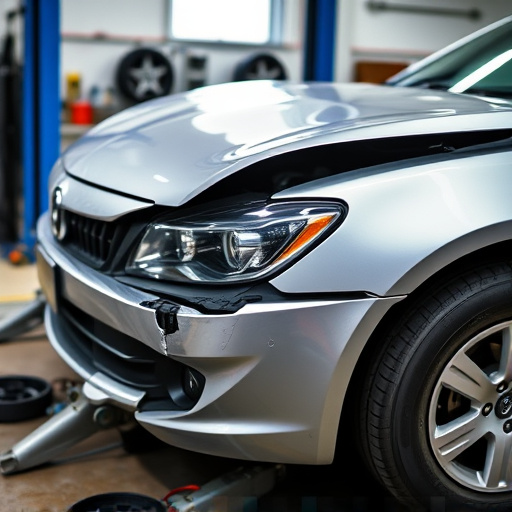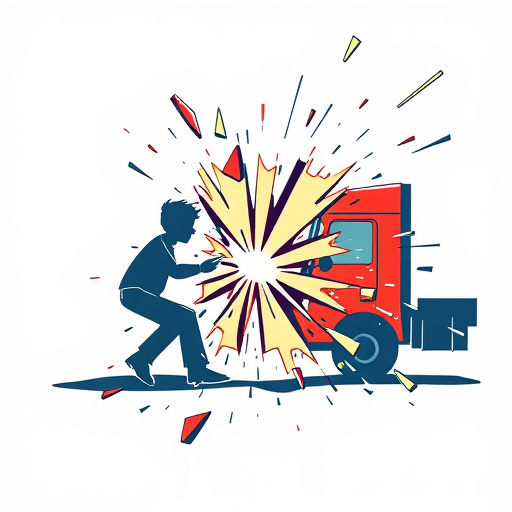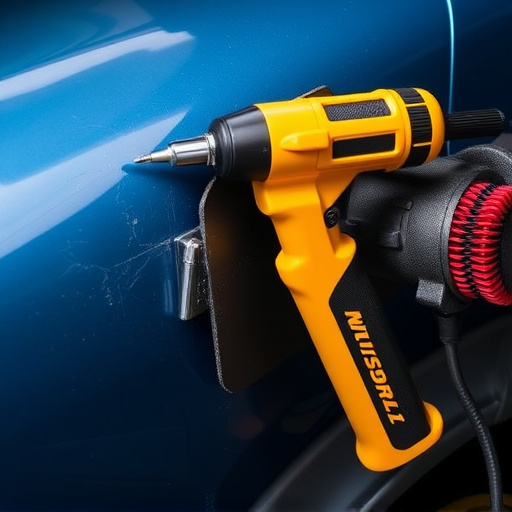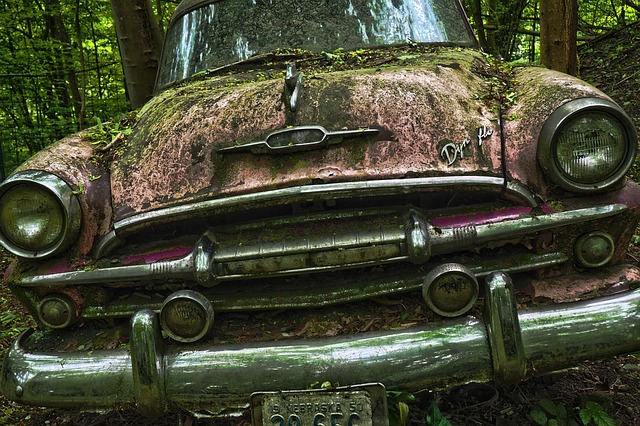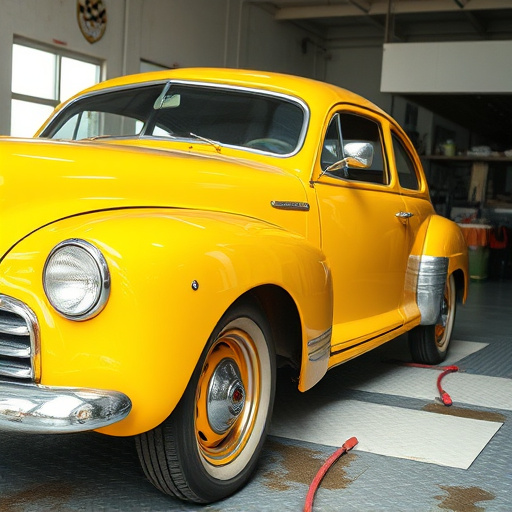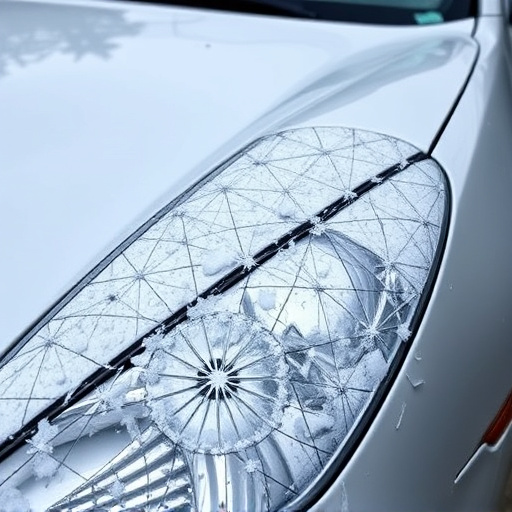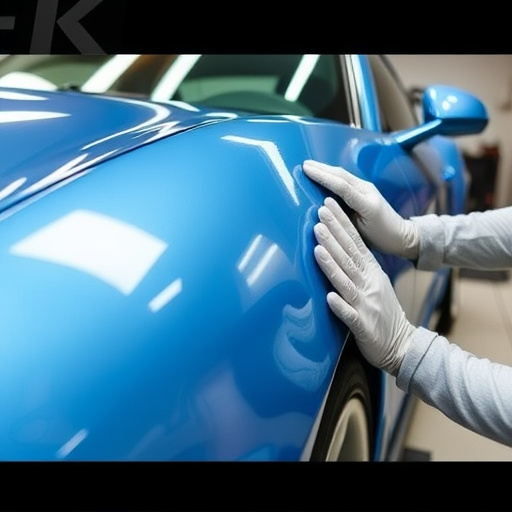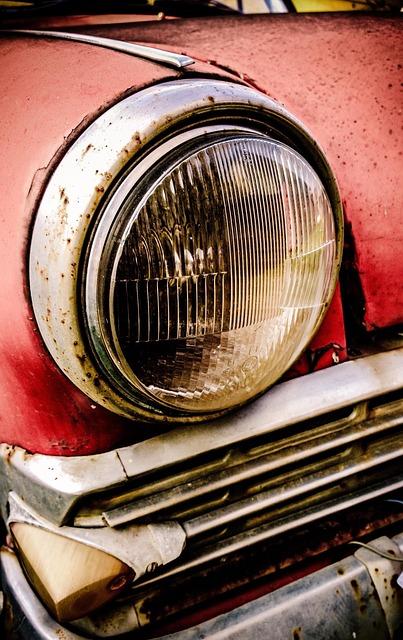The auto industry is shifting towards sustainability, focusing on eco-friendly practices including recycled collision parts. Salvaged and refurbished to high quality standards, these parts reduce waste, lower costs for car owners, and promote a circular economy by repurposing resources. The rigorous quality assurance process ensures each part meets or exceeds industry standards, with comprehensive warranties providing consumer protection. Recycled collision parts offer an affordable, environmentally responsible solution for Mercedes Benz repair and other luxury vehicle services, maintaining top-tier craftsmanship while minimizing the ecological impact of auto repairs.
“In an era where sustainability is at the forefront of automotive innovation, recycled collision parts are transforming the auto industry. This article explores how these reused components, backed by robust quality warranties, offer a sustainable solution for car owners and mechanics alike. We delve into the process ensuring their reliability, while highlighting the environmental and economic benefits they bring. Understanding and embracing this initiative could be a game-changer in shaping a greener future for our roads.”
- Understanding Recycled Collision Parts: A Sustainable Auto Industry Initiative
- The Quality Assurance Process for Recycled Collision Parts
- Benefits and Considerations: Why Consumers Should Embrace Recycled Collision Parts with Warranties
Understanding Recycled Collision Parts: A Sustainable Auto Industry Initiative

The auto industry is undergoing a significant transformation with the growing emphasis on sustainability and environmental responsibility. One notable initiative in this direction is the increased use and promotion of recycled collision parts. These are automotive components that have been salvaged from vehicles involved in collisions, repaired, and then refurbished to meet high-quality standards. This process not only reduces waste but also offers a cost-effective solution for car owners seeking reliable repairs.
By opting for recycled collision parts, consumers can contribute to a greener auto industry while enjoying the benefits of top-tier craftsmanship. For instance, in the case of Mercedes Benz repair, or any other luxury vehicle, using recycled parts ensures that the replacement pieces are not only environmentally friendly but also maintain the vehicle’s performance and aesthetics. Moreover, this initiative fosters a circular economy, where resources are reused and repurposed, thereby reducing the demand for new raw materials and minimizing the environmental footprint of car scratch repair and collision repair processes.
The Quality Assurance Process for Recycled Collision Parts
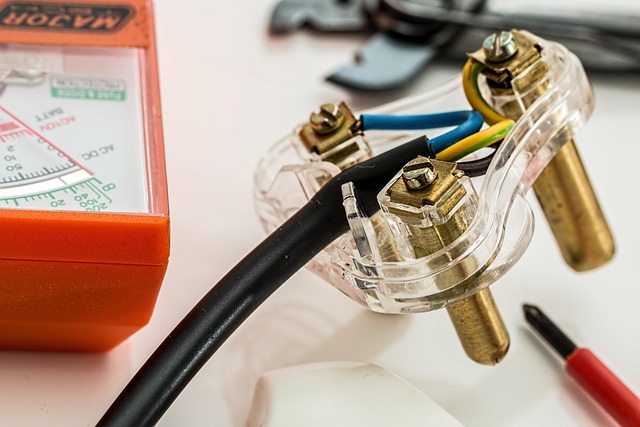
The quality assurance process for recycled collision parts is a meticulous procedure designed to ensure that each component meets or exceeds industry standards. It begins with a thorough inspection of every part, where skilled technicians assess material integrity, structural soundness, and functionality. This initial evaluation is crucial in identifying any defects or damage that could compromise the safety and performance of the parts during installation.
Once inspected, recycled collision parts undergo rigorous testing to mimic real-world conditions. This includes simulations of various weather elements, stress tests for strength and durability, and compatibility checks with specific vehicle models. After passing these stringent tests, each part is given a clean bill of health and backed by a comprehensive warranty, providing car owners and repair services with peace of mind during the car restoration or frame straightening processes.
Benefits and Considerations: Why Consumers Should Embrace Recycled Collision Parts with Warranties
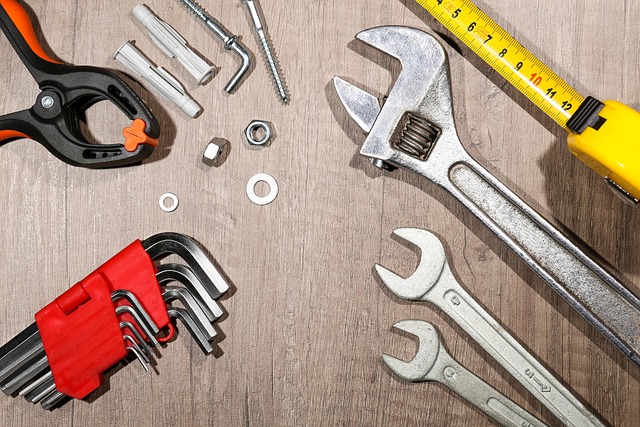
Recycled collision parts backed by quality warranties offer a compelling solution for consumers seeking cost-effective and eco-friendly auto repair options. One of the primary benefits is the significant reduction in expenses, as recycled parts are generally much cheaper than new or original equipment manufacturer (OEM) parts. This affordability makes it an attractive choice for those looking to save money on their vehicle’s restoration or repair.
Moreover, embracing recycled collision parts promotes sustainability and environmental responsibility. The process of recycling automotive components reduces the demand for virgin resources, minimizing the ecological footprint associated with manufacturing new parts. This not only conserves natural resources but also contributes to a circular economy, where waste is minimized and materials are reused efficiently. Additionally, reputable warranty coverage on these parts ensures consumer protection, providing peace of mind during the installation and performance of recycled collision parts in auto body restoration or car paint repair services.
Recycled collision parts, backed by robust quality warranties, represent a sustainable future for the auto industry. By embracing these parts, consumers not only contribute to environmental conservation but also gain access to reliable and cost-effective solutions. The stringent quality assurance processes ensure that recycled collision parts meet or exceed original equipment standards, offering peace of mind for vehicle owners. This shift towards sustainability is a win-win, promoting eco-friendly practices while enhancing the accessibility and affordability of auto repairs.

